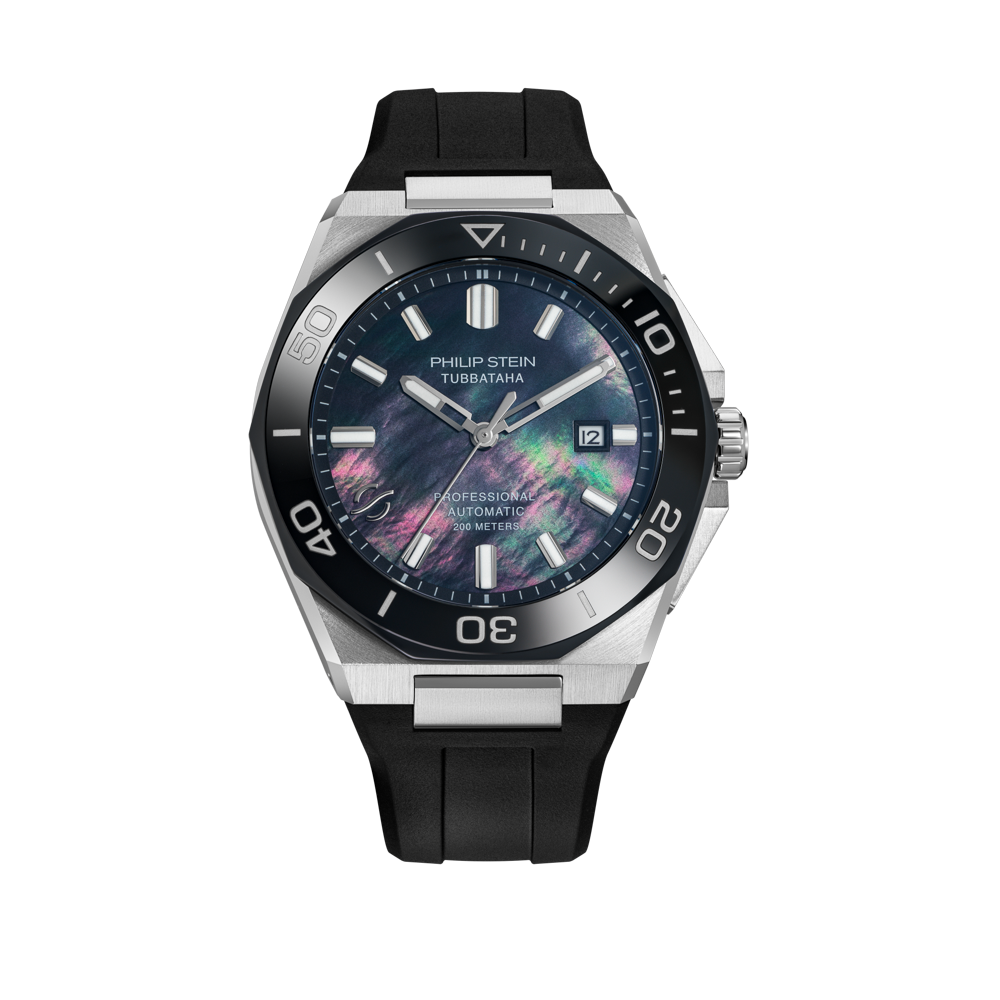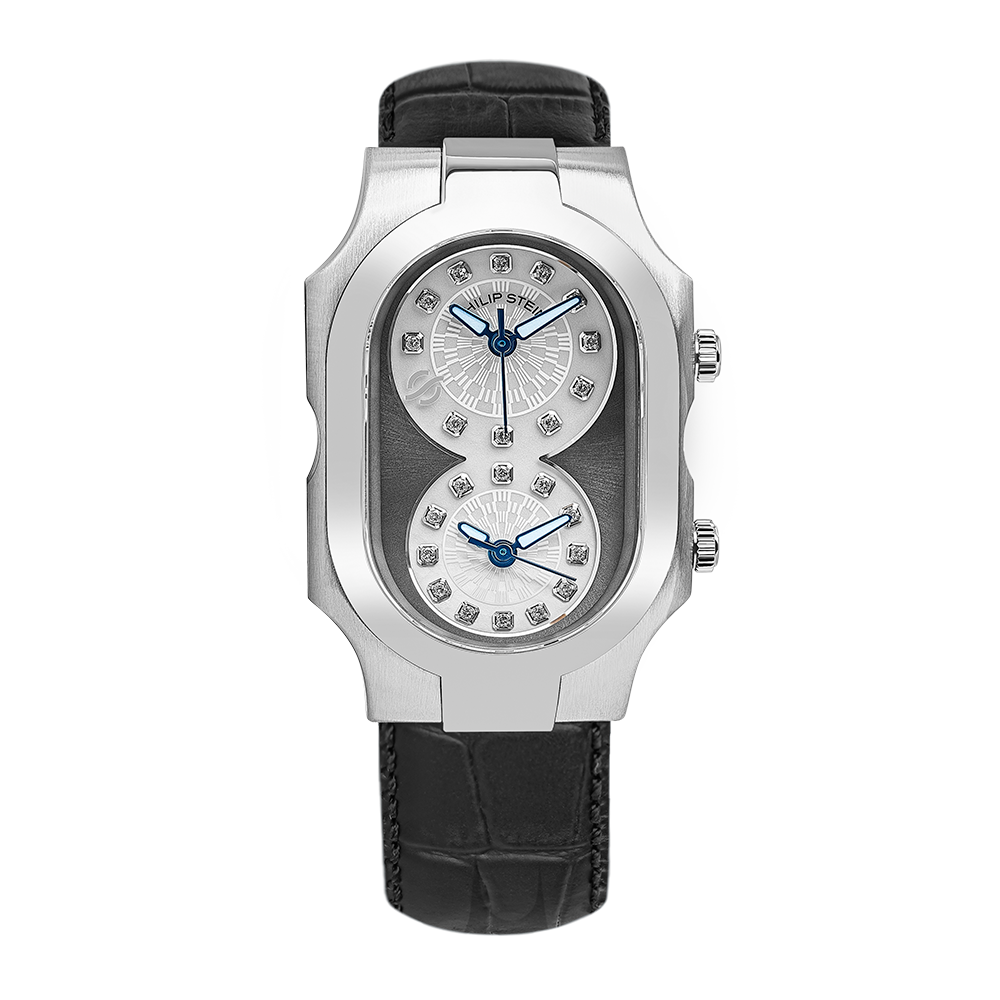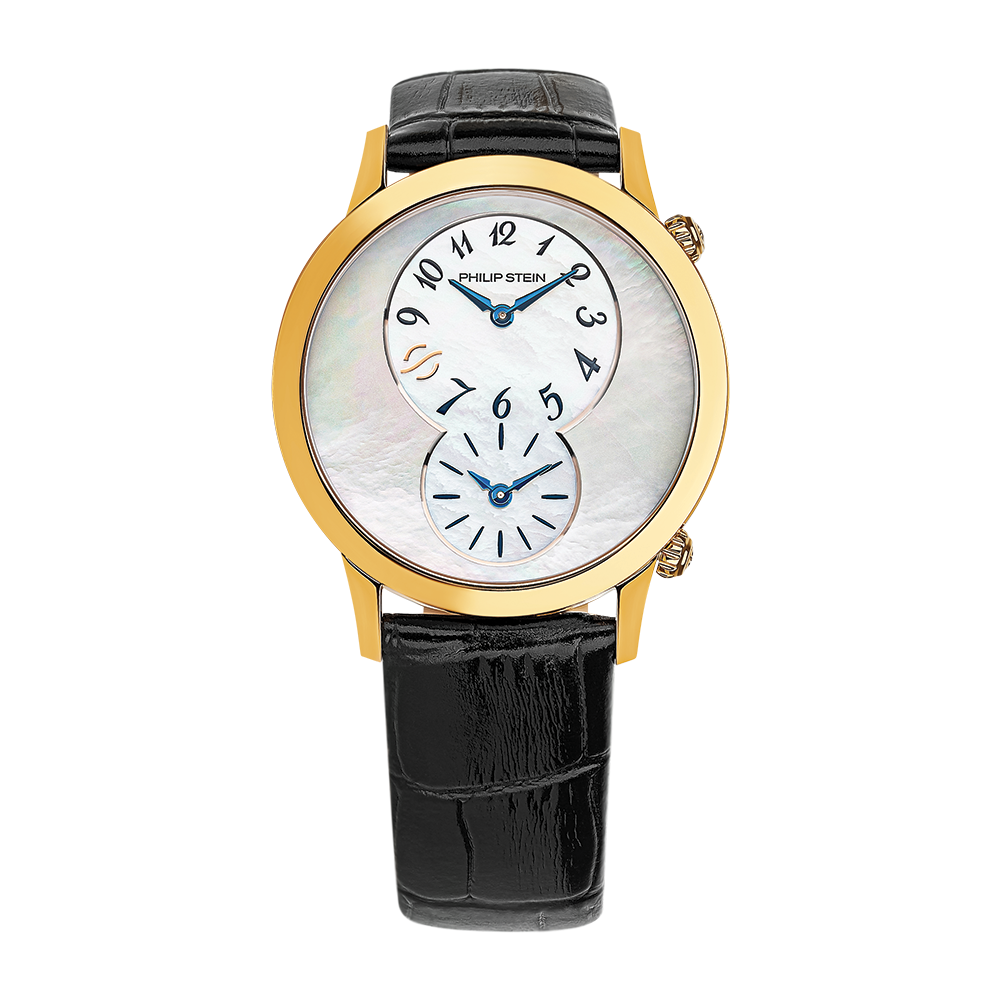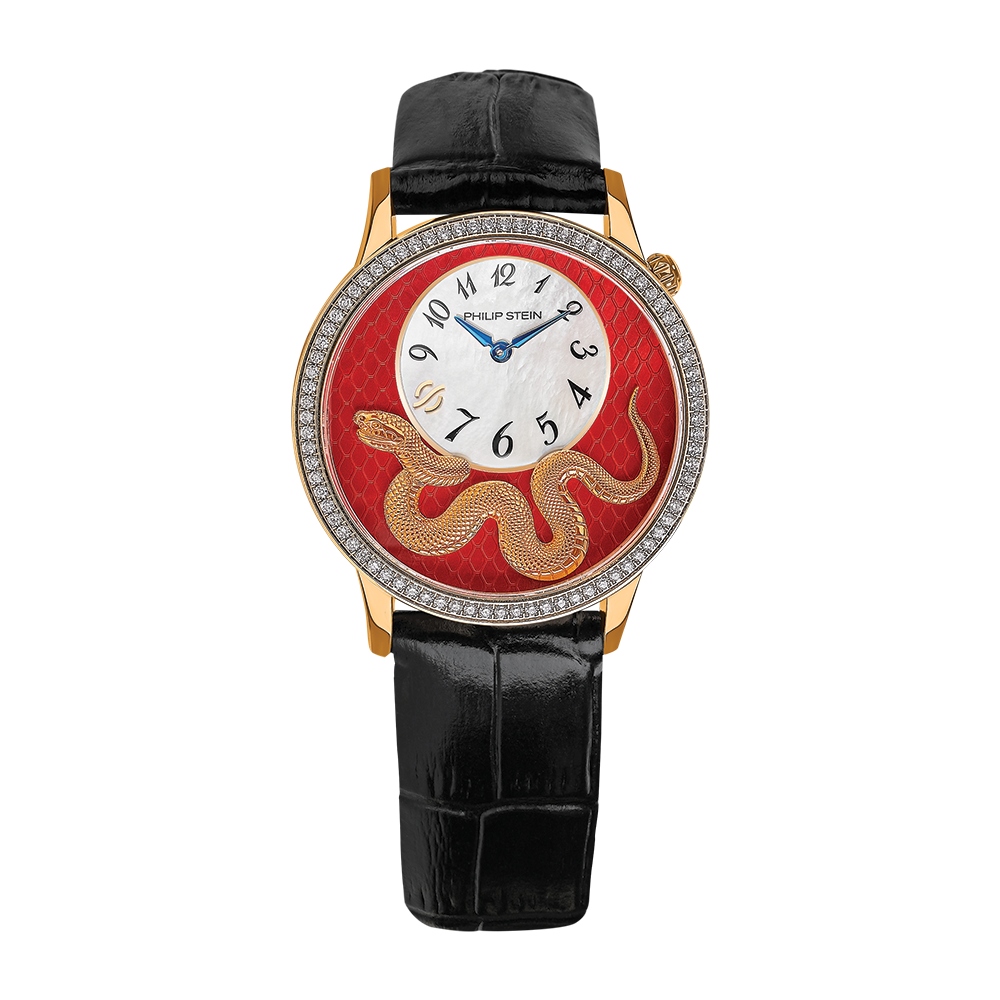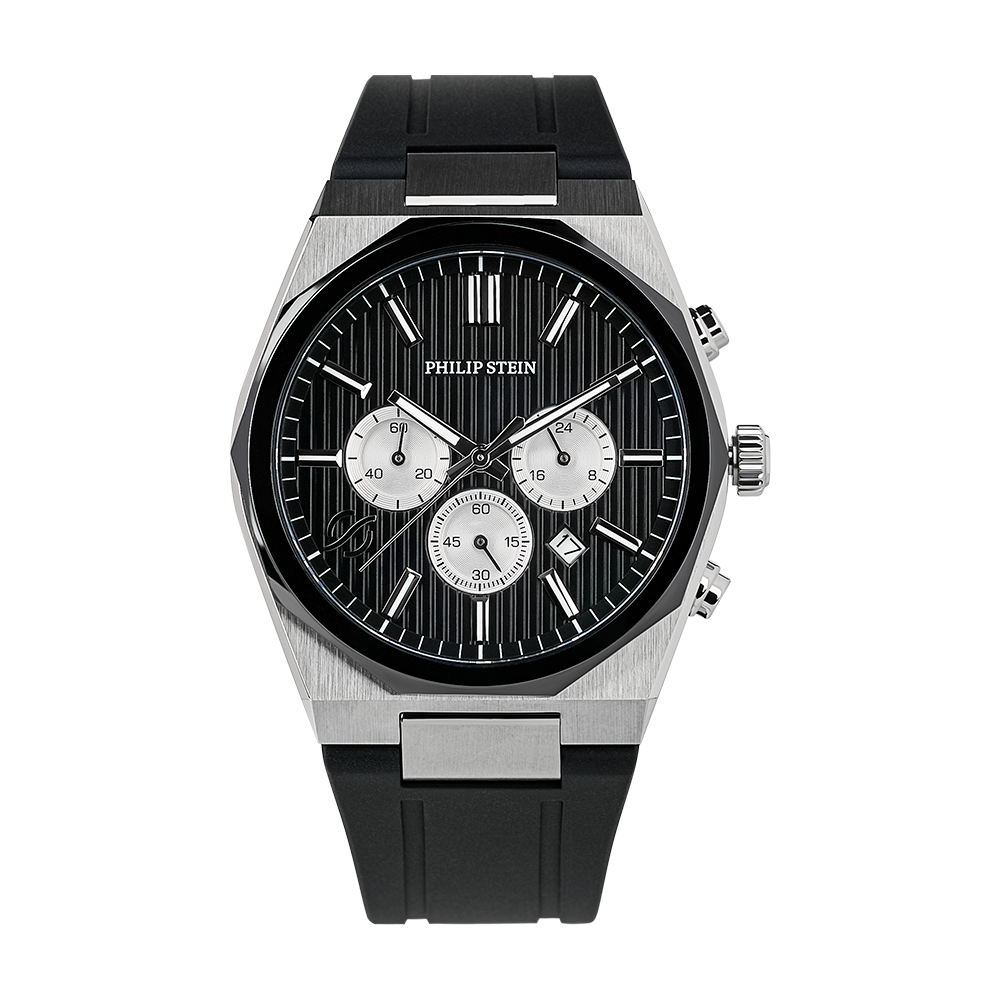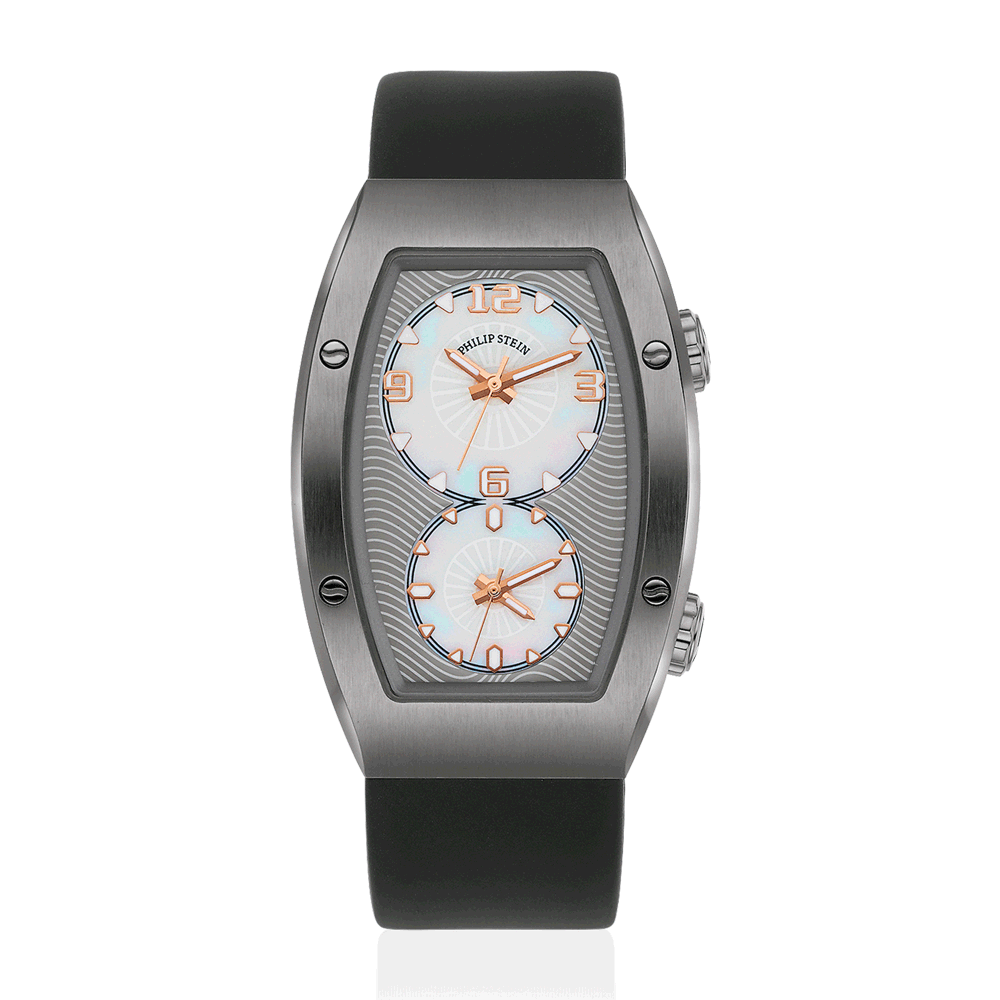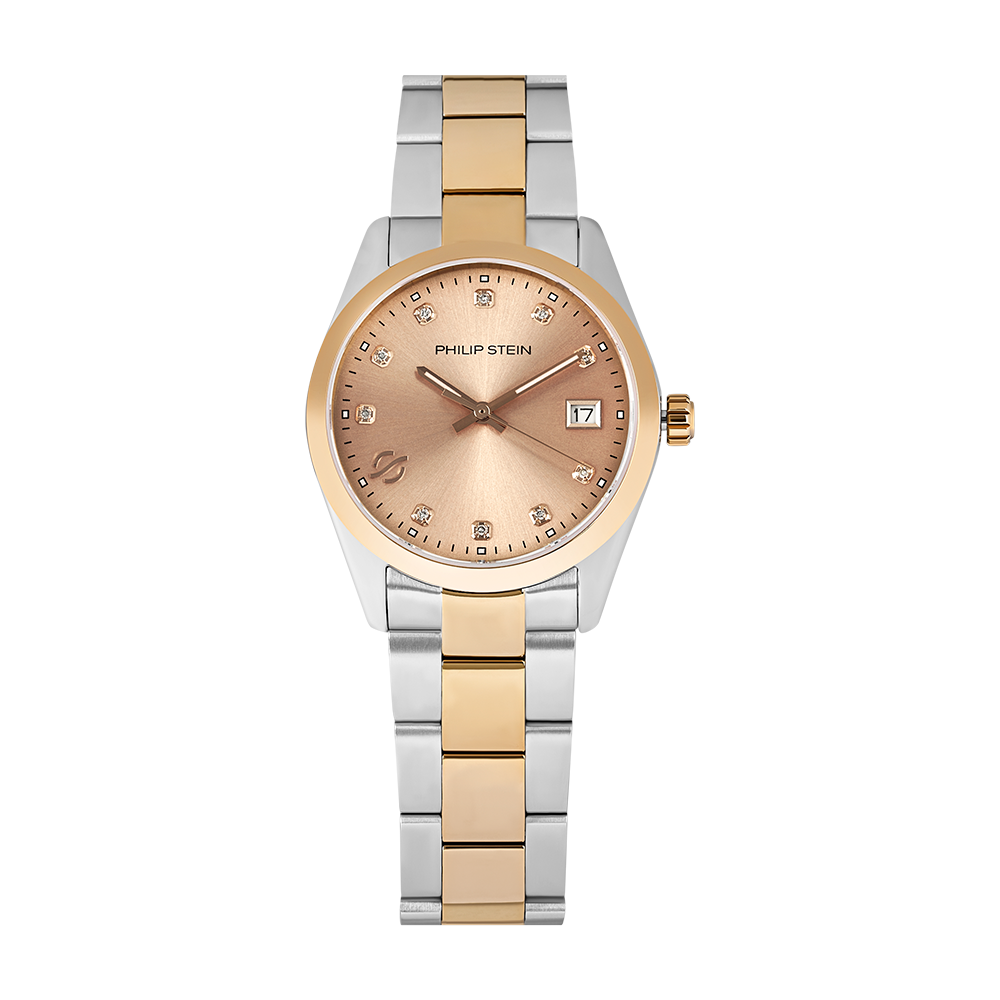The term was first coined in the Los Angeles Times in 1958 and since has become a part of every frequent traveler's vocabulary, the dreaded jet lag. This occurs when we travel across several time zones faster than our bodies are able to adjust. Jet lag causes us to become misaligned with our exposure to light and dark, resulting in physical and emotional distress with the most common symptom being the disruption to our sleep cycle.
There are, however, a few tips that can help prepare your body to fight against the symptoms of jet lag. For your next cross-continental trip, try these recommendations:
Begin by Shifting Your Time
Start your preparation before your trip and make sure that you are getting enough sleep and are well rested. Entering a new time zone if you are already sleep deprived and tired will make it almost impossible to beat jet lag once you land at your destination.
Several days prior to leaving, start gradually shifting your sleep cycle by one hour each day along with adjusting your meal times. It will make it easier to make the transition to the new time zone once you arrive. Once you get on the plane and take off, set your watch to your destination time zone to mentally prepare.
Hydrate
Flying on a plane is automatically dehydrating due to the dry and pressurized cabins, which may cause headaches or make you feel very tired. Drinking plenty of water throughout your flight will help your body to remain hydrated and although dehydration is not a cause of jet lag, it can contribute to your fatigue. It is also preferable to avoid caffeinated beverages and alcohol as both have a diuretic effect that boosts the onset of dehydration.
Sleep on Red-Eye Flights
When flying overnight, try to sleep even if it is just for a few hours. Bringing a neck pillow, earplugs and an eye mask in your carry on can help. By getting some sleep prior to arriving at your destination where the time zone is early morning will help your body to adjust. Even if you may not feel like it, try to eat breakfast once you land to signal to your body that it is the beginning of the day.
Avoid Naps
Once you land in your new time zone, avoid naps and stay awake until it is bedtime. This is undoubtedly one of the hardest recommendations to follow and can be painful, but necessary for your body to quickly adjust and adapt. Napping throughout the day can continue to alter your sleep cycle and take longer for your body to recover from jet lag symptoms.
A Traveler’s Companion
Before you leave, always remember to pack your Philip Stein Sleep Bracelet. The Natural Frequency Technology will help you fall into a restful, sound sleep and wake up feeling more refreshed. Whether it is for work or leisure, discovering new parts of the world is an exciting and rewarding experience. With the Sleep Bracelet, you do not have to worry about sleep cycle disturbances and can enjoy your time feeling alert, focused and balanced.

Read more

Many of us live busy, always-on-the-go lives. Between stressful work deadlines and family obligations, there’s no wonder why getting enough sleep is often deprioritized. But the reality is, the les...

From the dawn of life on Earth, the planet has had what’s known as “natural frequency." The Earth's natural frequency is called the Schumann Resonance, which pulsates at a rate of 7.83 hertz. It su...

